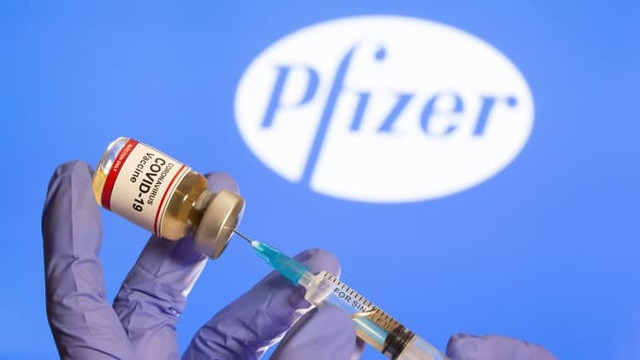Seychelles along with other African countries is set to receive the Pfizer COVID-19 vaccine through a donation from the United States (US) under the COVAX programme.
The American President, Joe Biden, announced last week that the United States will purchase and donate 500 million doses of the Pfizer vaccine produced in his country to 92 low and lower-middle-income countries and economies as defined by Gavi’s COVAX Advance Market Commitment (AMC) and the African Union.
COVAX is one of three pillars of the Access to COVID-19 Tools (ACT) Accelerator launched in April by the World Health Organisation (WHO), the European Commission and France in response to the COVID-19 pandemic.
It brings together governments, global health organisations, manufacturers, scientists, private sector, civil society and philanthropy, with the aim of providing innovative and equitable access to COVID-19 diagnostics, treatments and vaccines. It also seeks to ensure that people in all corners of the world get access to COVID-19 vaccines once they are available, regardless of their wealth.
The donation is expected to be the largest ever of COVID-19 vaccines by a single country. Shipment by Pfizer is expected to start in August 2021 with 200 million total doses to be delivered this year. The remaining 300 million doses will be delivered during the first half of 2022.
In a recent press conference, the Seychelles’ Public Health Commissioner, Jude Gedeon, outlined that the Pfizer vaccines have been approved and that the Ministry of Health is in negotiation to acquire them for children aged between 12 and 17 years.
At the moment details have not been given on how many doses the Seychelles, a group of 115 islands in the western Indian Ocean, will receive and when this will happen.
When Seychelles starts administering Pfizer, the vaccine will be the fourth being used in the island nation’s fight against COVID-19. Seychelles is already using Sinopharm, Covishield and Sputnik V – all donations from friendly nations – in its vaccination programme that started in January.
Pfizer is administered in two doses 21 days apart so that the vaccine can provide maximum protection.
According to the CDC, “based on evidence from clinical trials in people aged 16 years and older, the Pfizer-BioNTech vaccine was 95 percent effective at preventing laboratory-confirmed COVID-19 illness in people without evidence of previous infection.”
“In clinical trials, the Pfizer-BioNTech vaccine was also highly effective at preventing laboratory-confirmed COVID-19 illness in adolescents aged between 12 and 15 years. The immune response in people aged between 12 and 15 years was at least as strong as the immune response in people aged between 16 and 25 years,” the CDC states.






